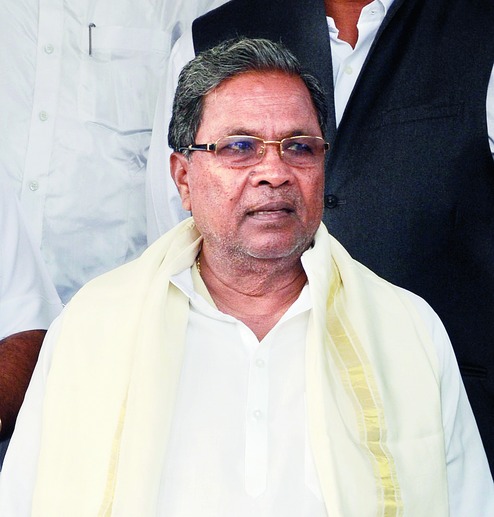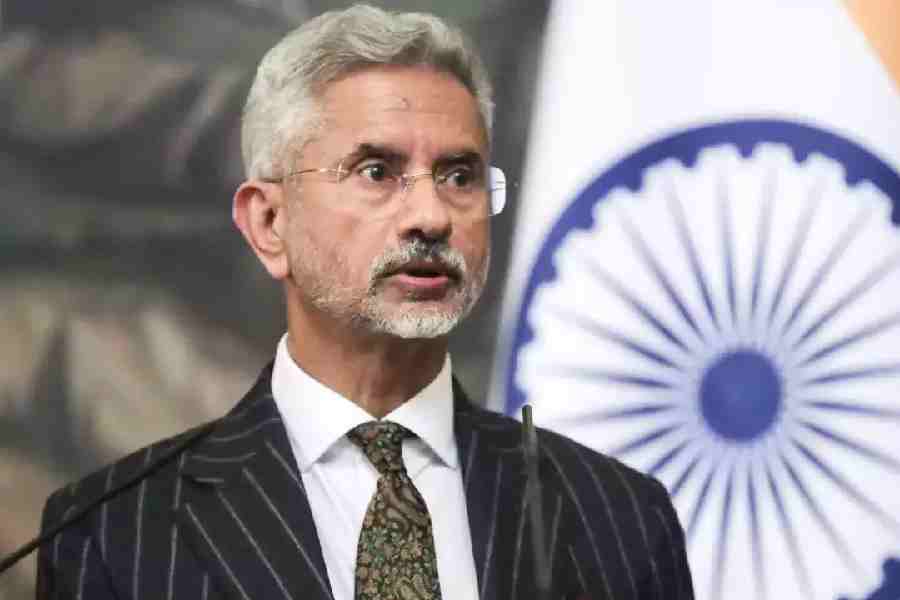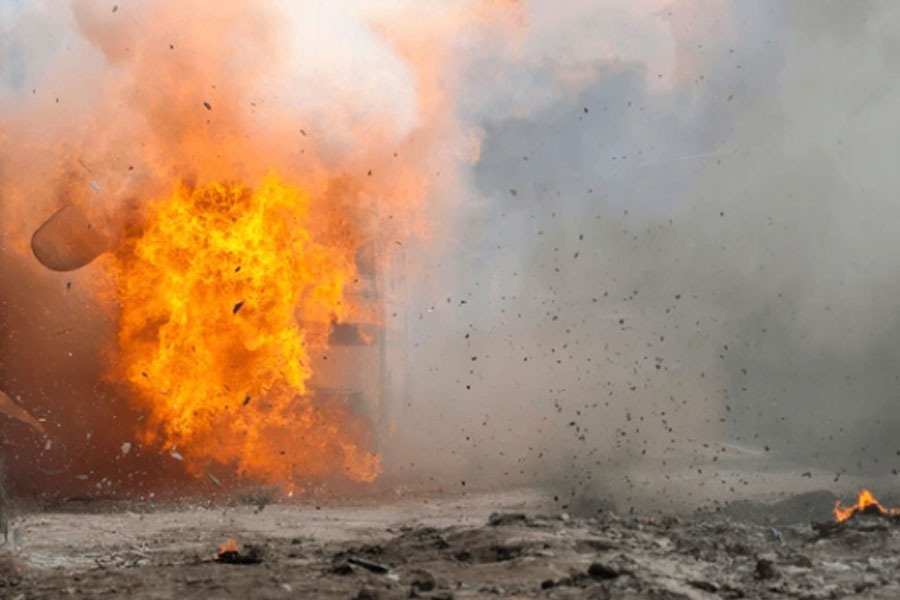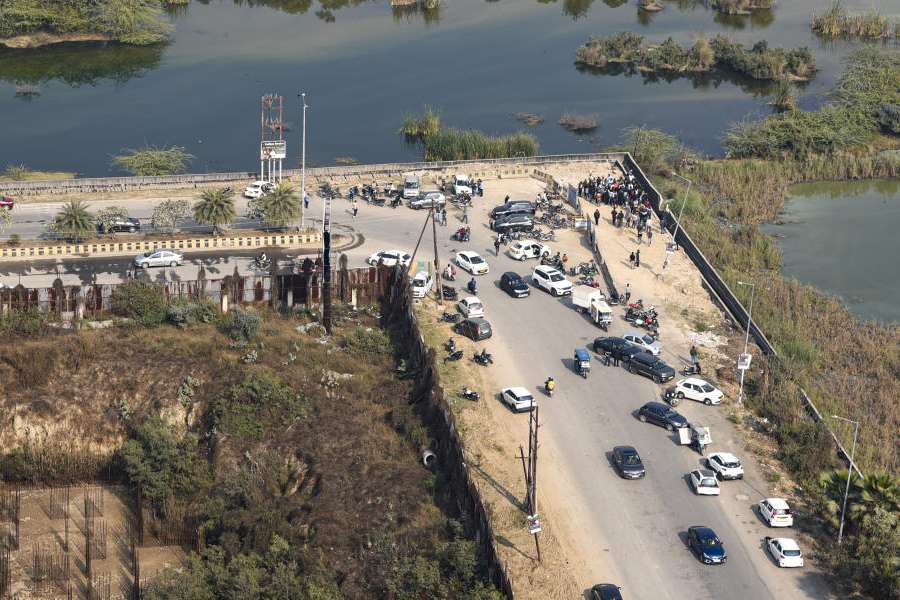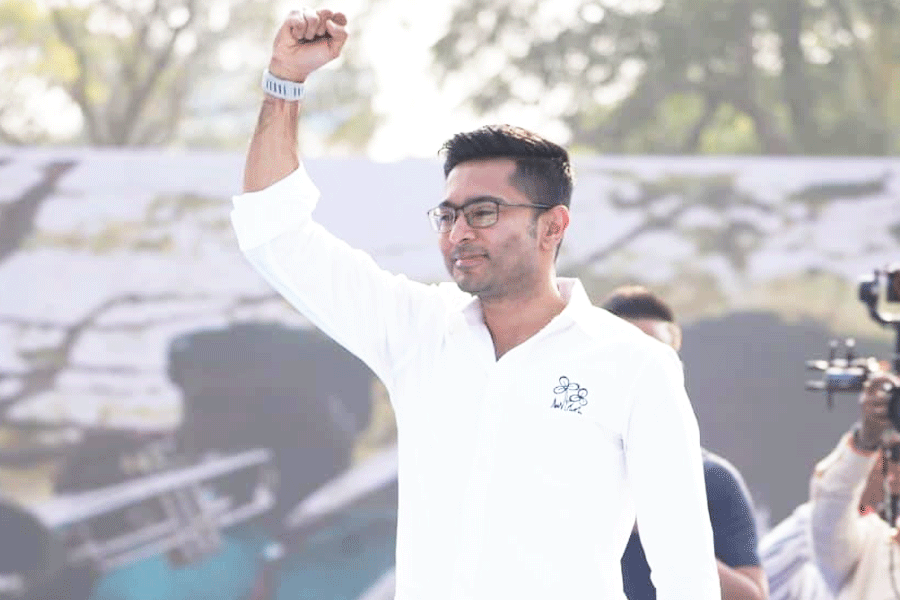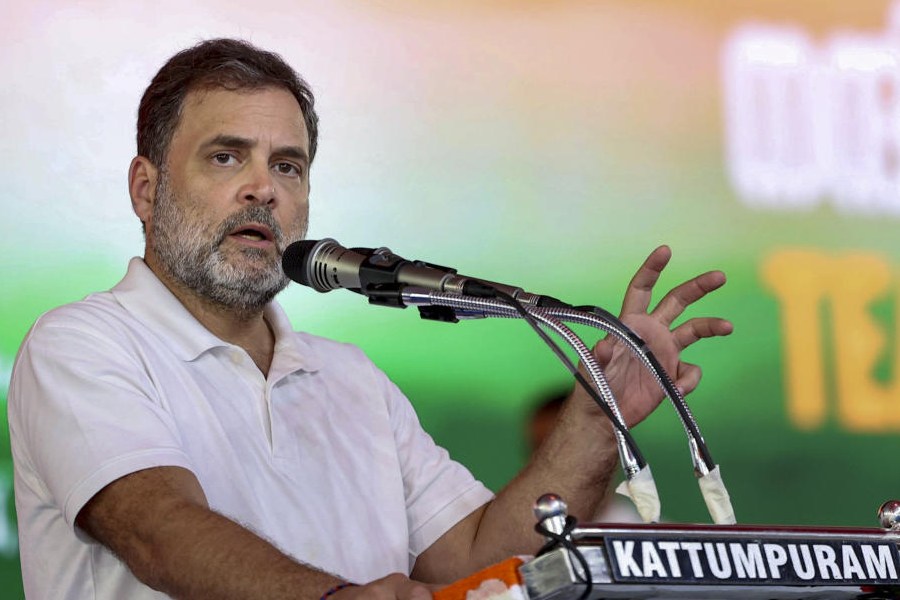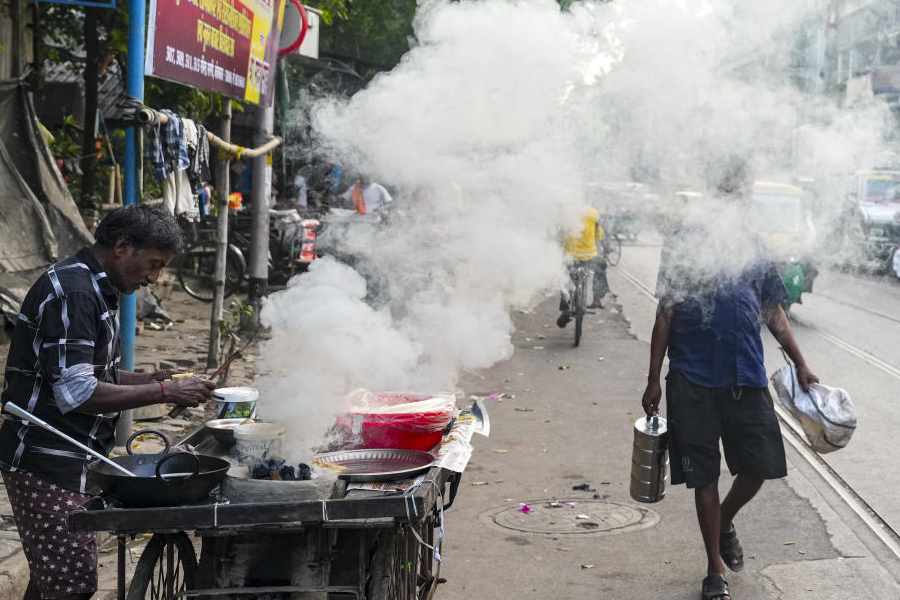
Bangalore, July 18: Karnataka chief minister P.C. Siddaramaiah today clarified no decision had been taken on a state flag and the government had only set up a committee to examine such a possibility.
"We formed the committee on the request of (writer-activist) Patil Puttappa and others," said Siddaramaiah, who appeared to be on the defensive after being criticised by the Centre and the Opposition in Karnataka for a move that is perceived as being against the "unity and integrity" of the nation.
Asked why the state should have a separate flag, the chief minister and Congress leader had retorted yesterday: "Is there anything in the Constitution that stops a state from having its own flag?"
Puttappa - who is also the president of the Karnataka Vidyavardhaka Sangha, set up in 1890 to promote the Kannada culture and language - and Bheemappa Gadad, an RTI activist and social worker, had approached the state government in 2014 with the plea to have a separate flag for Karnataka.
"We will take a call only after the committee goes into the constitutional aspects. The proposal is to unfurl a state flag below the national flag. We will never denigrate our national flag or our country," Siddaramaiah told reporters, adding that the Congress had always stood for the unity and integrity of the country.
"The Constitution does not prohibit states from having their own flags," he said. The decision to set up the nine-member committee had nothing to do with the Assembly elections next year, Siddaramaiah said.
In a move to preclude any possibility of Siddaramaiah backing out of the long-standing demand for a state flag, Gadad has urged the government not to dither after taking strides towards giving legal sanctity to a Kannada flag.
"The government has taken a big step by forming the committee. Backing out will hurt the sentiments of Kannadigas," he said in a statement today.
Gadad urged the Congress high command not to discourage Siddaramaiah from "meeting the aspirations" of the people of Karnataka and called upon those opposing the idea not to politicise the issue.
The yellow-and-red "Kannada flag", which the Siddaramaiah government is trying to make the official flag of the state, was designed in 1965 as the flag of the Kannada Paksha party led by litterateur Ma Ramamurthy. The bi-colour flag, ubiquitous across the state, gradually became a prominent symbol of Kannada pride.
On November 1, when the state celebrates Kannada Rajyotsava, its formation day, the flag is unfurled across Karnataka. It is also used during protests on inter-state issues like the Cauvery water dispute with Tamil Nadu. The flag was seen at recent protests against the alleged imposition of Hindi on Karnataka.
The BJP suspects a larger motive in forming the flag committee with just a year to go for the state elections.
"This is political mischief," Karnataka BJP leader and party spokesperson Vamana Acharya told The Telegraph today, accusing the Congress of whipping up regional sentiments with an eye on the polls.
"Why else would they keep quiet on this so-called request for all these years and suddenly see the need to have a state flag? It's 'one nation, one flag' as far as we are concerned," Acharya said.
"We are not against the Kannada flag. Let people continue using the bi-colour flag they have been flying all these years. But our only objection is to its proposed designation as the state's official flag when we have our national flag," he said.
Senior BJP leader Shobha Karandlaje too felt Siddaramaiah was eyeing political benefits.
"There is no real need for a state flag just because a few pro-Kannada organisations might want it," Karandlaje said.
Young writer Arif Raja said he couldn't understand how the government proposed to make a flag inclusive of all linguistic and religious minorities in the state.
"What kind of nationalism do they want to project as Karnataka is just one state in our country? How does this government plan to bring all linguistic and religious minorities under the flag? It's a very complex idea with no easy solution as even a slight mistake could prove dangerous (for unity)," Raja cautioned.

